In the recent years, issues raised by Indigenous Peoples have made their way to the forefront of the social landscape. It is often challenging to picture them clearly, because they are surprisingly complex and few training resources are available and accessible. In any case, many concerned parties recognize the systemic aspects of the challenges faced by Indigenous Peoples.
To better understand the root causes of some of these problems in Canada, and to explore tangible solutions, the training courses created by Ashukan take a deeper dive into recent history, and outline some of the key thinking that goes into working with Indigenous Peoples.
It would take more than a single lifetime to understand everything about Indigenous issues! However, our training courses offer a full overview, with the aim of being as useful as possible to you, whether as a citizen, a worker or a manager.
Thank you for placing your trust in us,
ALEXANDRE BACON
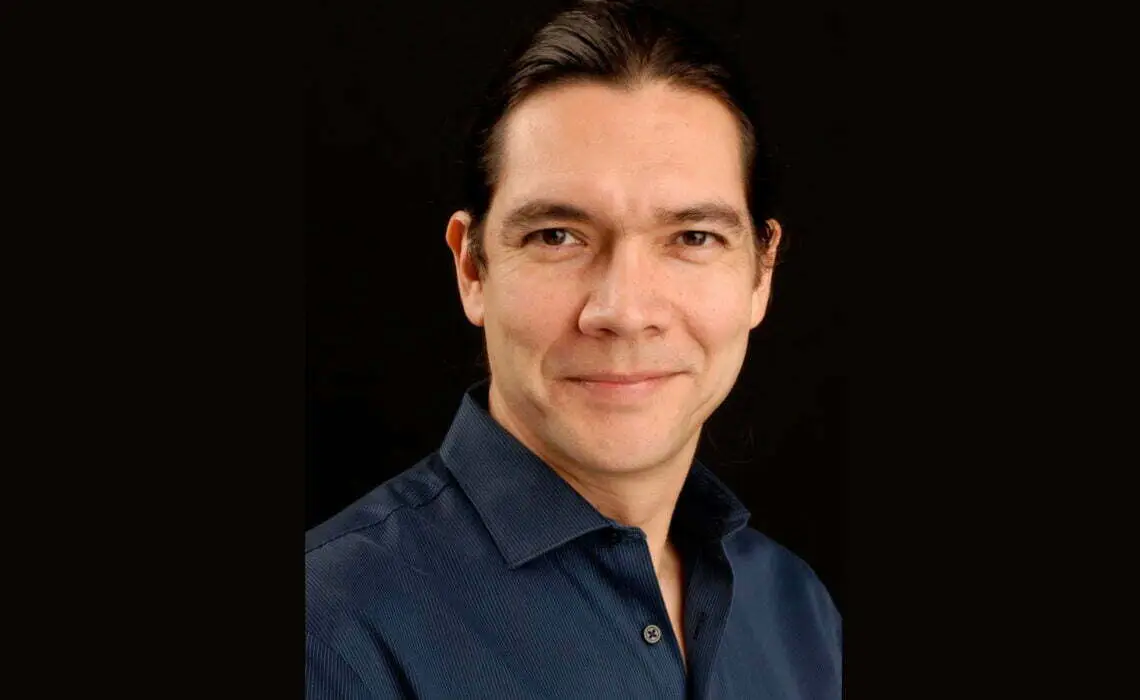
Among the training topics covered by Ashukan’s program, you will learn about:
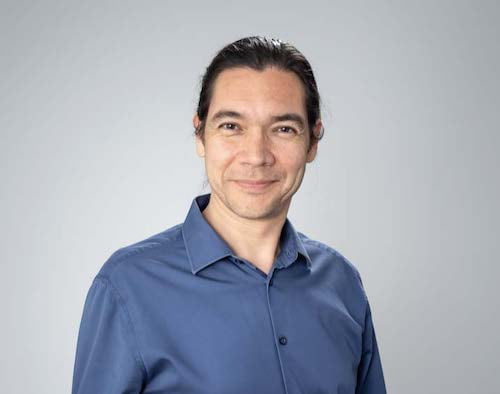
With a master’s degree in public administration, Alexandre Bacon has acted as a political advisor for the Innu Nation and as a Strategic Advisor to various organizations, particularly on governance and self-government issues.
He is a skilled communicator with many talents and is regularly called upon to facilitate meetings between Indigenous and non-Indigenous authorities. Alexandre is the Founding President of the Ashukan Institute, an organization dedicated to deploying training programs focusing on Indigenous communities' history and socio-political realities and providing concrete tools for participants to interact and work more effectively with First Nations.
In addition to his achievements as an entrepreneur and bridge builder between communities, Alexandre Bacon is an outstanding storyteller with a great passion for Innu mythology.
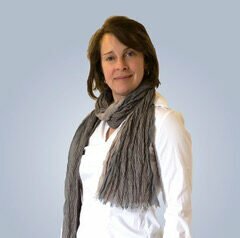
Véronique has over 15 years of professional experience with Indigenous organizations and communities in Quebec and Latin America and joined the Ashukan Institute as Assistant Director in February 2022. As the Advisor on Governance for the Mamuitun Tribal Council, she co-developed, with members of several Innu communities, the Aishkat Innuat project from 2019 to 2022 to strengthen the capacity of the Innu to get involved in the achievement of their right to self-determination.
A lawyer, member of the Barreau du Québec, mediator and holder of a master’s degree in international law and international politics, Véronique has experience in the fields of research in law, governance and development assistance, and the practice of humanitarian law and international human rights law.
Véronique’s professional career began in the Office of the Judge Advocate General in Ottawa. Her professional experience includes her involvement in the Burkinabe Movement for Human and Peoples' Rights in Burkina Faso, the Consejo Indigena Popular de Oaxaca (CIPO) in Mexico and at the International Clinic for the Defense of Human Rights of UQAM (CIDDHU). As a legal advisor at Lawyers Without Borders Canada (CBSA), she has been particularly involved in Indigenous rights issues. Véronique has also worked on project development with the Anicinapek community of Kitcisakik, Architecture sans Frontières Québec and the Commission de développement des ressources humaines des Premières Nations du Québec.
Véronique has enriched her career with training from the Canadian Centre for Conflict Resolution and training in facilitating philosophy workshops for children. Sharing one's engagement with First Nations and one's professional life experiences in combination with philosophy, justice and governance is a necessary legacy for our children.

Manon graduated in architecture in Lyon (France) and completed a DESS at UQAM in resilience, risk and disaster. Since 2014, she has worked with several First Nations organizations, particularly in the fields of architecture and employment and training. During her professional career, Manon has contributed to the establishment of a First Nations housing community of practice, to the organization of the 10th anniversary of the United Nations Declaration on the Rights of Indigenous Peoples in Montreal and to the coordination of an Indigenous applied research project to develop tools for the inclusion of First Nations Peoples with disabilities.
Driven by the desire to build a more inclusive, innovative and resilient society, Manon has been involved with various community organizations, including the Fondation Je veux jouer, Exeko, Bellastock Québec, and Architecture sans frontières Québec. Her involvement with these organizations has allowed her to develop a strong interest in different forms of collaborative practices and their implementation.
Manon's career has been enriched through her collaboration on the international development of the architectural firm Ædifica in 2018 and on the organizational capacity building of the Commission de développement des ressources humaines des Premières Nations du Québec from 2018 to 2021. Manon joined the Ashukan Institute in 2022 as Director of Organizational Development.

Edith Bélanger is a member of the Wolastoqiyik (Maliseet) Wahsipekuk First Nation of Cacouna, Quebec. Author of two books on Wolastoqey culture and collaborator on two collections of texts by Indigenous authors, she is a public speaker on Indigenous issues and a columnist for Radio-Canada, where she writes a weekly column on the Indigenous Spaces platform.
In addition to being the mother of four children, Edith graduated in philosophy from Laval University, completed a DESS from the École nationale d'administration publique (ENAP) in Public Administration in Indigenous Context in addition to being part of the Wabanaki Leadership Institute scholarship program at the University of Maine. She is currently pursuing a PhD in Traditional Indigenous Governance at the Université du Québec en Abitibi-Témiscamingue (UQAT). Her interest in Indigenous cultures, traditions and rituals dates back to her childhood and has led her to study in several areas, such as law, herbalism and traditional healing processes. She lives in Rivière-du-Loup.
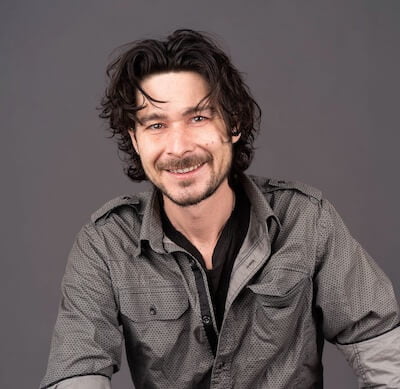
Originally from the Laurentians, Jordan is the Director of Technology at the Ashukan Institute and a freelance web designer. Artist and entrepreneur, he is passionate about writing, music and informatics. A nomadic life path and a great curiosity have put him in contact with people from different backgrounds. Long interested in Indigenous culture and First Nations' holistic vision of the natural world, several years ago, Jordan lived with a traditional Maliseet Elder. With great enthusiasm, he contributes to the development and management of the Ashukan Institute’s digital platform.
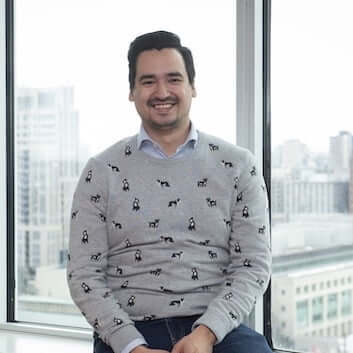
Originally from Pessamit, Stéphane has been a communications and administration advisor at the Ashukan Institute since spring 2023. In Quebec City, from 2007 to 2020, he studied Human Sciences with a concentration in Organizations and Management, completed an AEC in Computer Financial Management and began a Bachelor of Arts in Business Administration with a concentration in management at Université Laval.
Stéphane's main interest is the development of organizations however, his career began in sales and customer service. After a summer at Indigenous Services Canada, he accepted the challenge to work as an Executive Assistant for the National Inquiry into Missing and Murdered Indigenous Women and Girls (EN-FFADA), which he did for a year and a half. The COVID-19 pandemic precipitated his return to the region and allowed him to work as a development and communications advisor for the Conseil des Innus de Pessamit. Stéphane defines himself as a «gamer» who loves solving problems and puzzles.
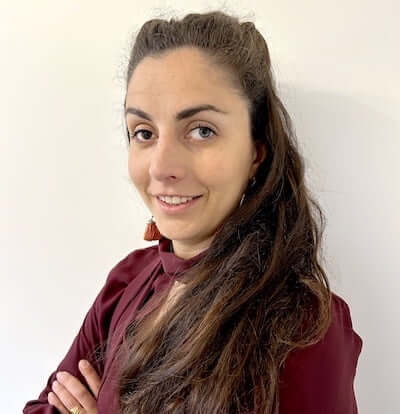
After obtaining her Bachelor of Arts in Textile Project Development and Design, Maeva worked in several fields of activity in Europe and Quebec, such as events coordination, communication, administration and design. Maeva likes to play with the dynamism and creativity of this versatility.
With the desire to combine her learning with her aspirations, she has undertaken, in recent years, studies in environmental sciences at Laval University to better understand the social and environmental issues present on the territory. After a research internship in Indigenous forestry, Maeva enthusiastically joined the Ashukan Institute team.
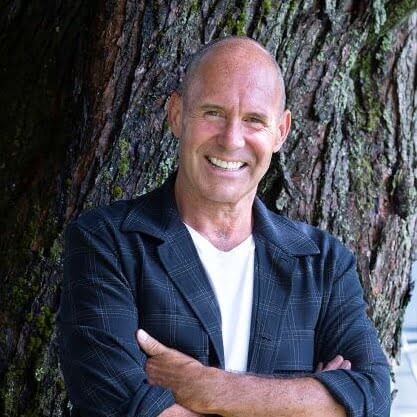
Pierre Picard is a member of the Huron-Wendat Nation. He is trained in the psycho-corporal intervention approach, has a master’s degree in clinical sexology and specializes in sexual assault among First Nations in Quebec. He has led the Indigenous Psychosocial Research and Intervention Group (GRIPMA) for several years. Mr. Picard is a public speaker, trainer, researcher, clinical supervisor and lecturer at the Université de Montréal in Public Health at the Faculty of Continuing Education. He has conducted several studies focusing exclusively on psychosocial issues in Indigenous communities and healing methods adapted to cultural and identity differences specific to First Nations in Quebec. He is an expert on several government working groups and committees and regularly collaborates in developing policies, programs and strategies, specifically on cultural safety in Indigenous communities. He is the 2022 recipient of the First Peoples Medal awarded by the Lieutenant Governor of Quebec.
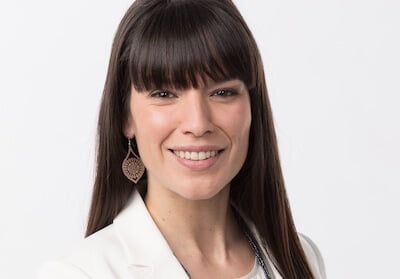
Dr. Émilie Deschênes has more than a dozen years of experience in the field of education, training and management, more specifically with First Nations and Inuit in Quebec, as well as ten years as a consultant in international organizations in Asia, Europe, Africa and South America. Researcher and author, her fields of interest and her work in collaboration with communities and nations have focused, in recent years, on strategies for decolonizing societal institutions, including recognition and inclusion of Indigenous Peoples' perspectives and integration and retention strategies in training and employment. Completing her postdoctoral fellowship in intercultural management at HEC led to the publication of a book about interventions in the training and employment of First Nations and Inuit; she applies these strategies when advising educational institutions, including vocational training centres, and employers, particularly in the natural resource sector.
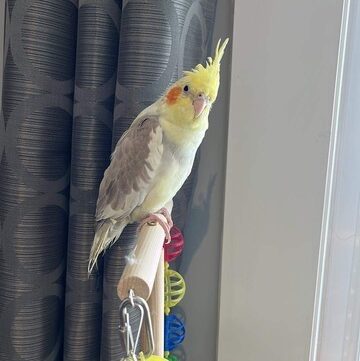
Kevin is the youngest member of the Ashukan Institute team. Born in the fall of 2022, he was hand-fed and adopted in January 2023. A follower of virtual conferences, his presence is a constant reminder of the importance of cultivating joy and avoiding taking oneself seriously. Kevin is a fan of honey snack sticks and cannot resist the version of the song «Cheek to Cheek» performed by Louis Armstrong and Ella Fitzgerald.
In embracing the Bear and its symbolism, the Ashukan Institute aims to:
Assert our pride in our identity and our mission: to promote the richness of our cultures, pass on our history from an Indigenous perspective, and raise awareness of the realities and issues affecting Indigenous peoples, in order to contribute to building bridges between nations.
Celebrating our kinship and expressing our solidarity with all Indigenous entrepreneurs who proudly embrace their roots while contributing to the economic development of First Nations.
For more information: https://id1n.org/en/